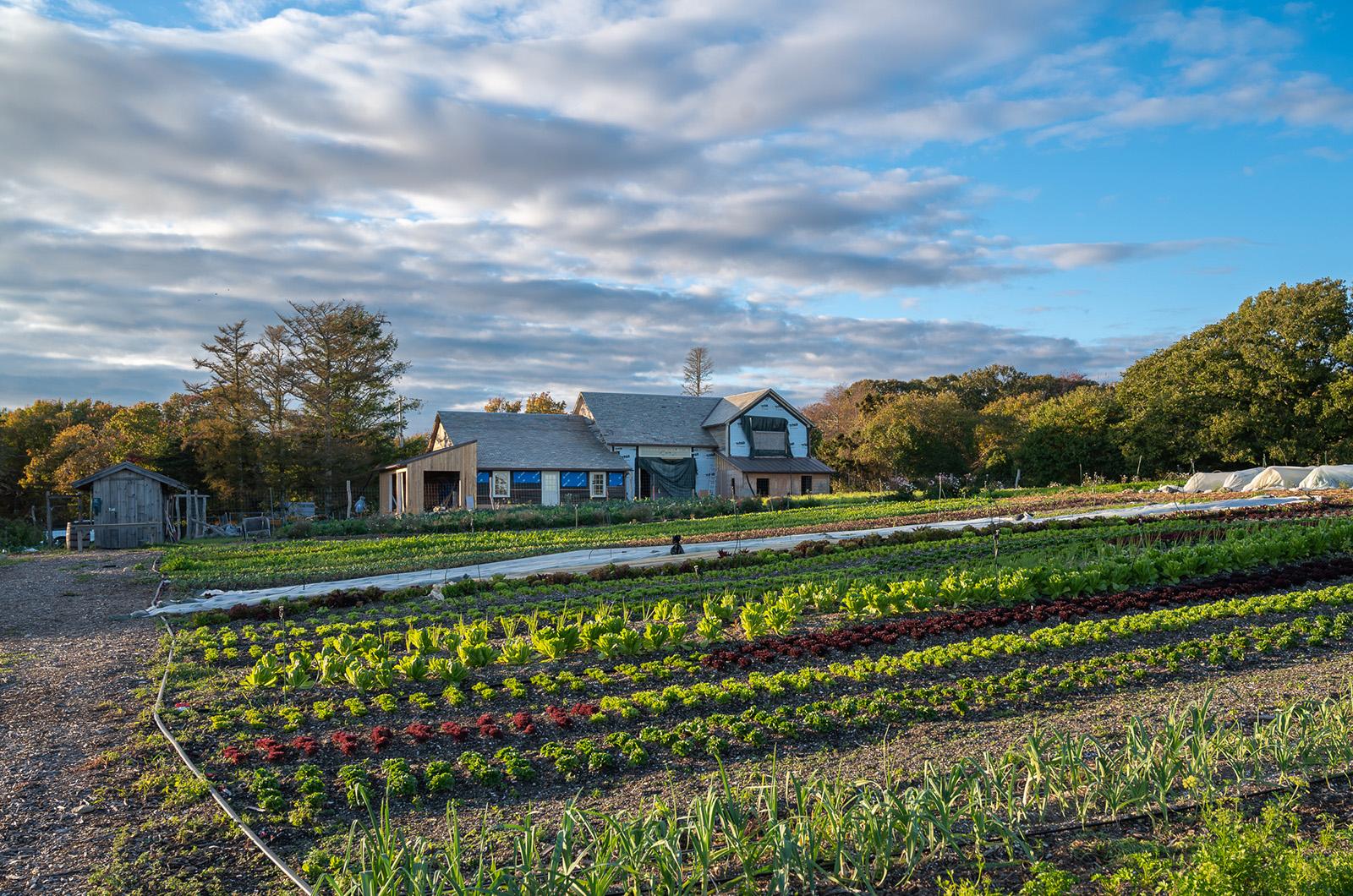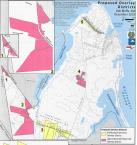A coalition of Chilmark farmers is urging town officials to revise town zoning bylaws to allow farms to host on-location events. At a meeting on Dec. 14, the town planning board pushed forward the proposal, however the select board decided not to initiate official public hearings on it.
“It’s my belief that this proposal, as it stands, threatens what makes Chilmark unique,” said select board member Jim Malkin, in a prepared statement at last week’s meeting, highlighting concerns about traffic, noise, commercial activity and lack of housing for additional farm employees.
“The proposed language...gives virtually unlimited freedom to do anything,” he said.
But the group of Chilmark farmers, including representatives from Beetlebung, North Tabor and Grey Barn farms, say agricultural events have become a critical piece of making small farms profitable.
“One of the biggest challenges we face is the notion that farming is simply about buying and selling vegetables or meat,” the group wrote in a joint letter sent to the planning board in July. “The limits of the current bylaws handcuff town officials.”
The farm group first presented plans for a bylaw to the planning board this summer in hopes of drafting a warrant article for town meeting this April, but progress has moved slowly since then. Richard Osnoss, chair of the planning board, said the idea for a broad bylaw for public hearings was presented the select board to elicit more public engagement for the process.
“People don’t come to our meetings, that’s the nature of the beast,” he said.
Mr. Osnoss also expressed some urgency to resolve the issue.
“Part of our motivation to, kind of, bring it to a head was because we know that events are occurring, and they have occurred,” he said.
Amy Weinburg, owner of Beetlebung Farm, spoke in favor of farm events, saying that current zoning bylaw language allowing the “use of premises or structures for...agriculture; or work related directly thereto,” could already be interpreted to allow events.
“The work of a farm should not simply be measured by its carrot yields alone,” she said. “If inclined and permitted, our work can and will foster community, build a greater respect for the land and create an appreciation of a resilient local food system.”
Select board members, meanwhile, urged a slow and deliberate process.
“It’s a big deal item, and it should be thought out carefully,” said select board chair Bill Rossi, adding that the town building inspector was also searching for clarity on the issue.
Planning board members on Thursday resolved to hold a series of informal public forums on the topic, yet to be scheduled. The planning board will meet again to discuss the topic on Dec. 18.







Comments (22)
Comments
Comment policy »